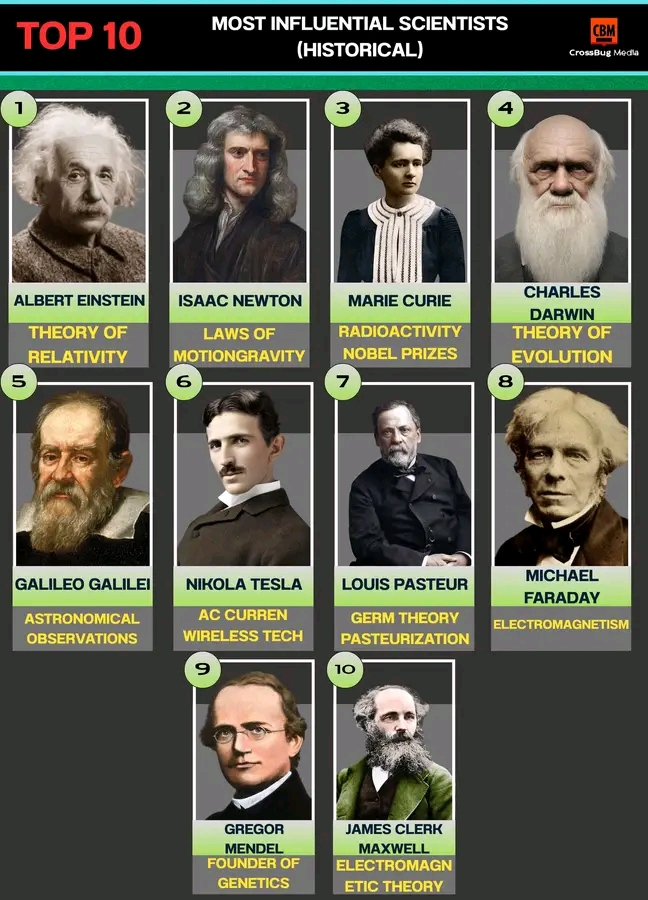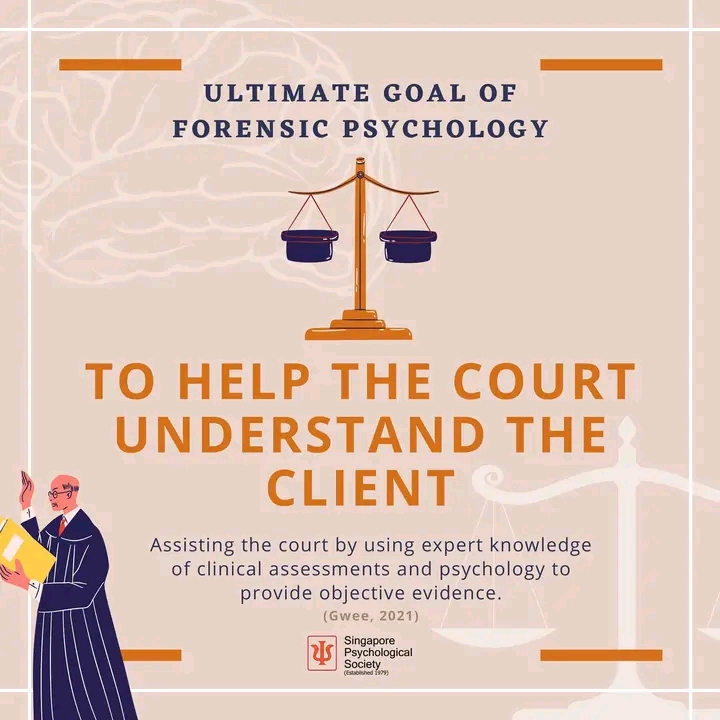We all try to be scientists.
We all try to be scientists.
We all try to be scientists.
Each individual tries to be a scientist in his/her world. An individual is thus continually attempting to understand, control, and predict behaviour. This is done in every situation by observing human behaviour and by hypothesis testing. Our scientific view is however subjective since it is controlled by our subjective perception and construction of reality.
Human beings are constantly devising and testing predictions about themselves and others’ behaviour (Monte, 1995). Kelly suggested that psychologists should look into broader perspectives that stimulate and shape the direction of the species through timeless span. He disputed traditional theories by psychologists as imposing on others their own subjective predictions, not knowing that their clients also have their predictions about their psychologists, and are in fact trying to verify them.
The fundamental human characteristic is the need to know and to control one’s own universe. Kelly maintained that “might not the individual man, each in his own personal way, assume more of the stature of a scientist, ever seeking to predict and control the course of events with which he is involved? Would he not have his theories, test his hypotheses, and weigh his experimental evidence?” (Kelly, 1955, p.5 in Monte, 1995, p. 526).
He developed a Role Construct Repertory Test (REP) to help demonstrate how clients construct significant people in their lives. With this construct, one can predict such people’s behaviour in future. Rather than being reactive to the environment, human beings are creative creatures with a capacity to draw abstract meanings from their experiences and the environment and consequently impress their representations on it.
As we continue to have different experiences, we interpret them and construct our own personalised meanings about them. The meanings assigned to these experiences become for us reality, and they influence our subsequent interpretation of later experiences. These interpretations are mostly based on similarity and contrast, and since they are personalised and subjective, different individuals give different interpretations to the same thing.
Some constructs are very important to us, because they reflect our personal identity and are very resistant to change. Such constructs are known as core constructs. Other constructs which are not so important to us and are easy to change are known as peripheral constructs. Constructs are ordered hierarchically in our cognitive world, and differ in their relation and relevance to other constructs, i.e. range of convenience (Kelly, 1955).
In addition, a construct may have the ability to allow the construing of other constructs which are not related to it. This property is known as permeability. In a further classification, pre-emptive construct is one which does not allow its elements to be included in another construct, it is like making a choice between two opposing ideas.
A constellate construct is one that permits its elements to belong to other constructs, but fixes their realm of membership. A construct that allows its elements to freely be included in other constructs is known as a propositional construct (Gleitman, 1986). According to Kelly, the behaviour of an individual is determined by the expected outcome. Individual’s constructs are the basis within which they act.





















